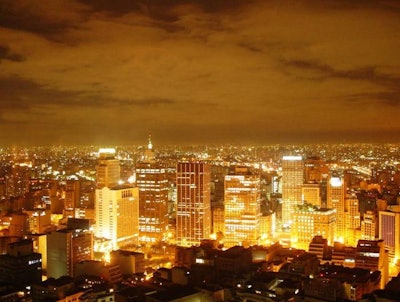
Brazil's poultry industry has been facing many problems that may hinder it from taking off this year. First, as the seventh ranked economy in the world, Brazil experienced exceptional growth rates in previous years (e.g. 7.5 percent in 2010). More recently, however, it has been showing signs of exhaustion due to stagnation of domestic consumption - the main engine of the poultry industry. Moreover, according to financial sources, there are low investment rates. As a result, the Brazilian economy went into recession in 2014 and a contraction is expected for 2015, which some sources foresee at 2.5 percent.
In addition, this country's poultry producers faced a truck driver strike this past February that affected not only exports, but ports were also paralyzed preventing the distribution of product to farms and plants, and distribution of finished products, which led to full chicken inventories. Six months later, the industry is hit again when agricultural inspectors stopped working, causing the animal protein sector to loose US$25 million a day. Once again, processing plants reduced or halted production and export contracts were affected. And now, looming is the threat of another truck driver strike, although it seems that the movement is losing strength. In anticipation of negative after effects, they have already implemented strategies to counteract them.
Brazil is also commercially paralyzed by apathy. It is a giant without allies. While other Latin American countries such as Chile, Colombia and Mexico, just to name a few, rush to establish commercial treaties left and right, Brazil is a prisoner, perhaps of its own policies. The recent signing of the TPP (Trans-Pacific Partnership) trade agreement, which will absorb 40 percent of world trade, left out the largest exporters of animal protein on the planet. This will hurt Brazil’s animal protein sector and may reduce its competitiveness. CEO of the Associação Brasileira de Proteína Animal (ABPA), Francisco Turra said, "This scenario may be even more complicated for Brazilian exporters if they continue in the same situation of isolation."
There are other difficulties that hamper Brazil's potential: the low quality and quantity of infrastructure, social inequalities and it's enormous geography. However, Brazil has huge and effective multi-national companies, a dynamic agri-food sector, major currency reserves and a vision towards the future, which we hope will help in keeping the country afloat.
















